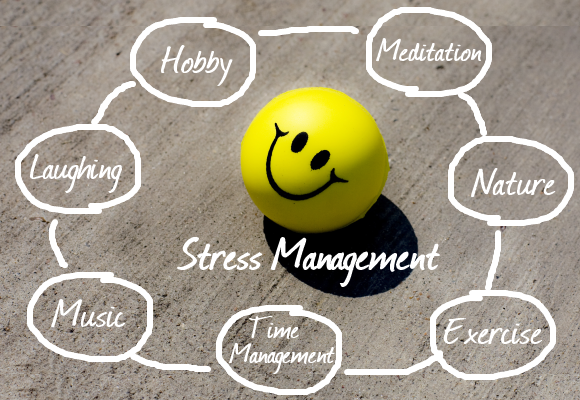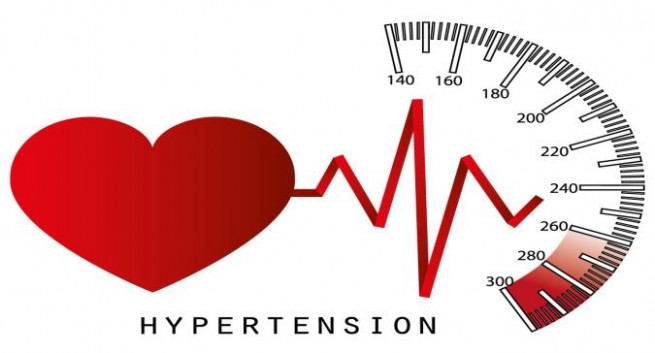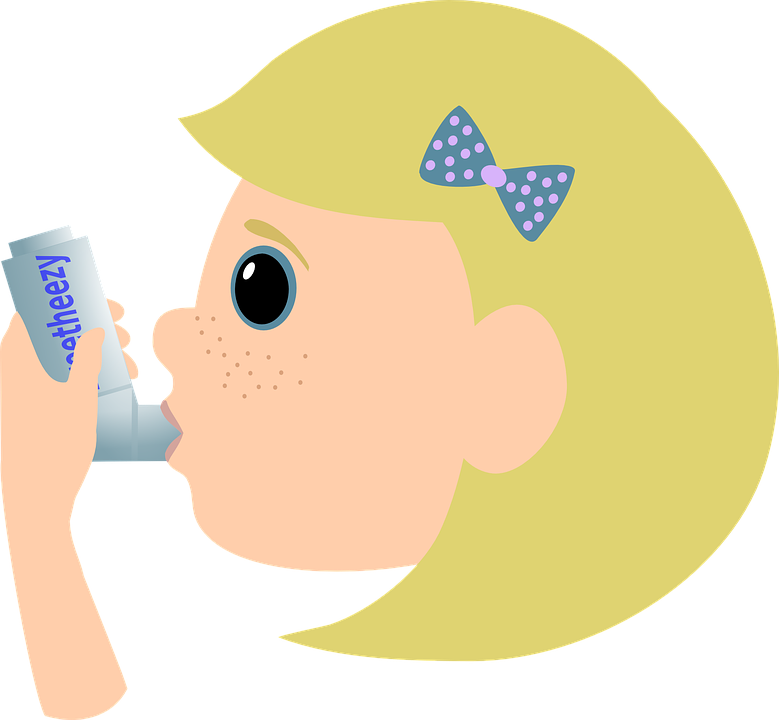Kidney stones are quite a common condition that affects more than 1 in 10 people. They are usually found in the kidneys or in the ureter, the tube that connects the kidney to your bladder. Kidney stones can sometimes be extremely painful and lead to kidney infections. If you have been diagnosed with kidney stones, you are probably wondering how you g0t them. So, how do you get kidney stones?
Kidney stones are the result of a buildup of certain chemicals in the body. In other words, they form when minerals in your urine clump together. You can get kidney stones from many things, such as what you eat and certain medications. One of the main causes of kidney stones is lack of water since you need water to make enough urine in order to water down the things that turn into stones. Some medical conditions, such as obesity and type 2 diabetes can also lead to kidney stones. Furthermore, if you or a member of your family has had a kidney stone before, your chances of having one in the future are higher.
Eager to learn more about kidney stones? Keep reading because we are going to












